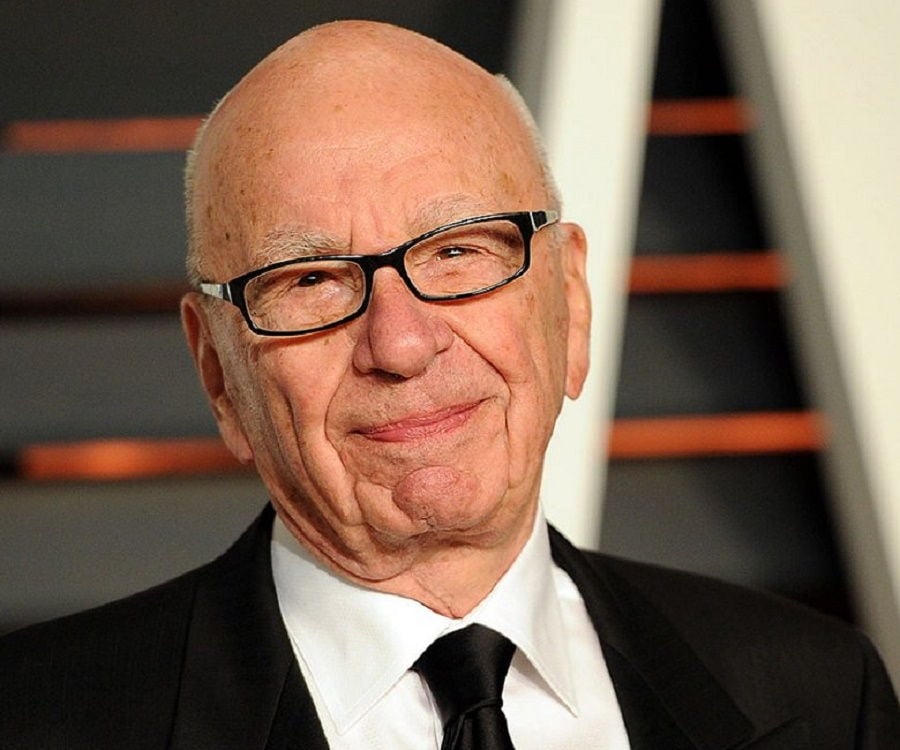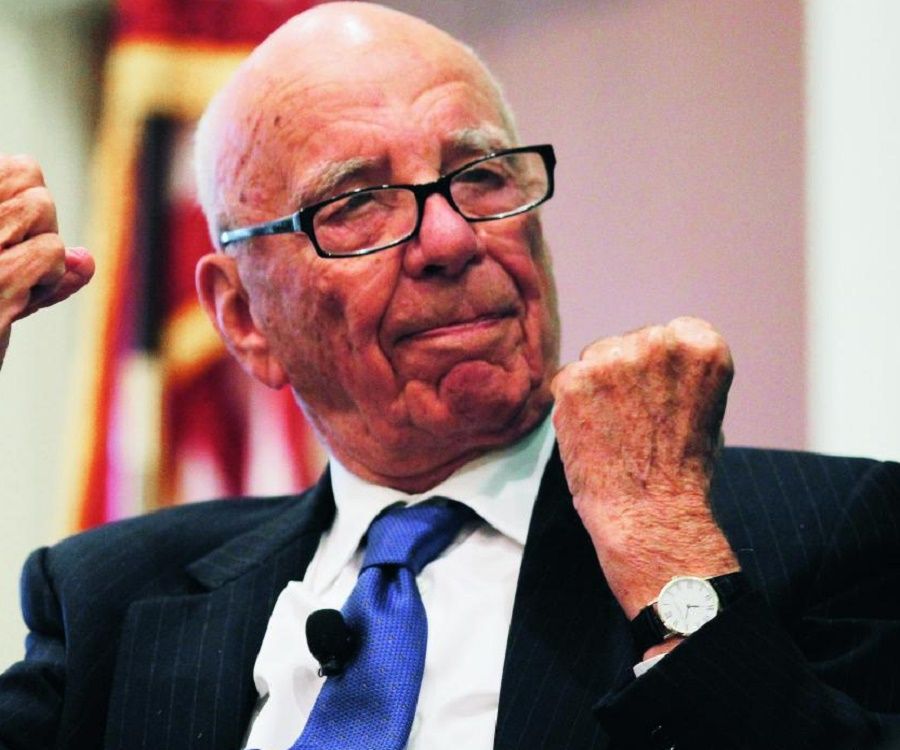The Life And Legacy Of Rupert Murdoch: A Comprehensive Biography

Rupert Murdoch is a name that resonates in the world of media. As a media mogul, he has significantly influenced journalism, shaping how news is delivered and consumed. This biography explores the life and achievements of Rupert Murdoch, detailing his career highlights, major acquisitions, and the controversies that have followed him.

Early Life and Education
Rupert Murdoch was born on March 11, 1931, in Melbourne, Australia. His father, Keith Murdoch, was a prominent journalist who worked for the Herald and Weekly Times. This upbringing instilled a passion for media in Rupert from an early age. He attended Geelong Grammar School, where he excelled academically, and later studied at the University of Oxford. There, he earned a degree in Philosophy, Politics, and Economics, laying a solid foundation for his future career in media.
Career Highlights
Murdoch's career began in his father's newspaper business. However, it was his bold moves and vision that led to his rise as a media titan. In the 1950s, he took over the News Limited newspaper in Australia. This pivotal moment marked the beginning of his expansive media empire.
In the 1980s, Murdoch made headlines with the launch of Fox Broadcasting Company, which revolutionized television with its innovative programming. His acquisition of The Wall Street Journal in 2007 further solidified his influence over global news. Today, his media properties reach millions worldwide, showcasing his undeniable impact on the industry.
Major Acquisitions and Ventures
One of the most significant aspects of Rupert Murdoch's biography is his knack for strategic acquisitions. In addition to Fox News and The Wall Street Journal, he acquired 20th Century Fox in 1985, a move that expanded his influence into film and entertainment.
In 2011, Murdoch's company, News Corporation, acquired BSkyB, further enhancing his presence in the UK media market. These acquisitions not only increased his wealth but also changed the landscape of global media, illustrating his visionary approach to business.
Controversies and Criticisms
Despite his success, Murdoch's career has not been without controversy. His media empire has faced numerous criticisms, particularly regarding journalistic ethics and political influence. The phone-hacking scandal involving News of the World in 2011 raised serious questions about his media practices.
Critics argue that Murdoch’s ownership of multiple news outlets allows him to shape public opinion more than any individual should. This has sparked debates about media concentration and its implications for democracy, making his controversies as significant as his achievements.
Impact on Media and Journalism
Rupert Murdoch's impact on media and journalism is profound. He has transformed how news is reported and consumed, pushing the boundaries of traditional journalism. His ventures have led to the rise of sensationalist reporting, often prioritizing entertainment over substance.
However, Murdoch has also championed freedom of the press in various regions, advocating for journalistic independence. His influence can be seen in the way media operates today, from the rise of infotainment to the integration of digital platforms.
Conclusion
Rupert Murdoch's biography is a testament to the complexities of media influence. His career highlights a journey of innovation, strategic acquisitions, and the challenges that come with power. While he has faced significant controversies, his impact on the media landscape cannot be denied. As we look to the future, Murdoch's legacy continues to shape journalism and media practices worldwide.
For those interested in delving deeper into the life of this remarkable figure, understanding Rupert Murdoch's biography reveals much about the interplay between media, politics, and public perception.